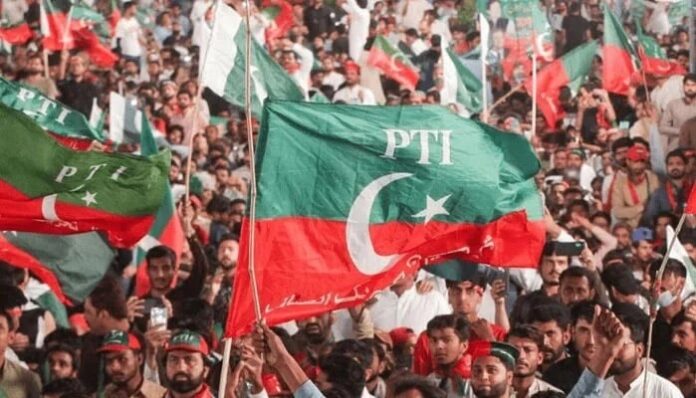Imran Khan is not the Pakistani establishment’s only problem. In fact, when compared to the unmanageable conditions in Balochistan and Khyber-Pakhtunkhwa provinces, Khan appears to be a minor issue. They are a bigger headache that is growing consistently and will require a more strategic foresight.
While the Pakistani state considers Balochistan to be a site of problematic insurgency, problems in KP, since the 1980s, have always been looked at from the lens of terrorism and counter-insurgency. And now the KP Chief Minister has separated the province from the state further by engaging independently with Afghanistan.
The recent KP police protest demanding that the military be pulled out from the province is another thorn in the state’s side. It appears to be an intra-institutional battle that requires careful political foresight. But that is sadly deficient.
Accusations against the army
Police in the Lakki-Marwat and Bannu districts in the southern part of KP are up in arms, claiming that they will only be able to manage terrorist threats and the Tehreek-e-Talibaan Pakistan (TTP) problem if the army is withdrawn. Although mainstream media claims that the police’s four-day sit-in has ended, local reports indicate that tensions continue. The police claim that they are unable to counter extremism in the province because militants have links with the army units. Local sources say the police have given a week to 12 days’ notice for the withdrawal of the army from Bannu.
There are multiple YouTube videos in Pashto circulating on social media that present the anxiety of the local policemen. Additionally, they claim that the army attacks and kills police, indicating that they’re coordinating with TTP militants.
It is this devious coordination that the Pashtun Tahafuz Movement (PTM) led by Manzoor Pashteen has been protesting for the last few years.
Sources I spoke to claimed that people, particularly in the tribal areas, do not believe that there is an actual conflict between the army and the TTP and that people in these areas and KP at large are being sacrificed for the state’s politics. They say that this is being done to keep the Pashtuns divided.
Not surprisingly, the PTM has called for a national jirga(meeting of leaders) to be held next month. The idea is to get local leaders of the area together and highlight the machinations of the state’s security forces.
Even the PTI-led provincial government appears belligerent. The KP assembly recently passed a resolution calling for the court martial of army officers involved in interfering in politics. Though no officer has been named, it points in the direction of the current army chief, Asim Munir, and his cabal.
Furthermore, the PTI has announced a rally in Lahore on 21 September. If the party manages to repeat the turnout of the Islamabad rally last week, it shows that it still poses a challenge in the political conflict with the army chief. Given that a lot of participants in the Lahore rally may be from the party’s main support base in KP, it will further bolster the anti-state and anti-army attitude in the northwest province.

